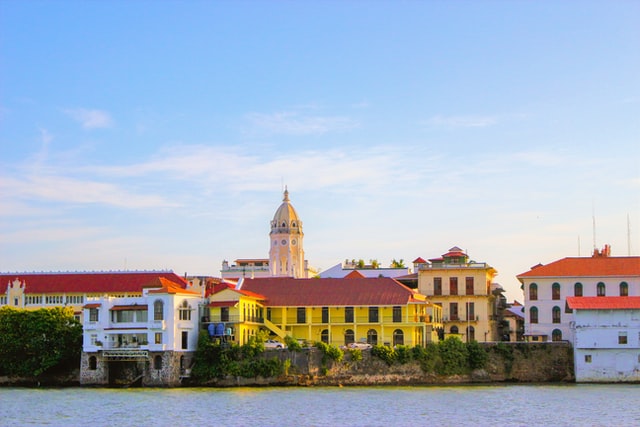Last week, Daniel Shomer ended a six-month period of leaving his home in Panama for only two hours a day three times a week. Shomer, an Israeli who lives with his family in the Central American country, told Ynet last week what living through a six-month lockdown was like.
Shomer explained that following the outbreak of the coronavirus, the Panamian government announced a night curfew on March 13 and declared a full lockdown on March 24.
“They decided to separate between men and women, with men allowed to go out three times a week and women allowed to go out three times a week. [The gender separation was in order for the police to easily identify stay-at-home violators.]
“Going out was only allowed with identity cards and only for two hours – for shopping. They enforced it strictly, they checked everywhere, requested to see identity cards and there were fines and arrests for anyone outside at the wrong times.”
Shomer said that the only option to take a walk or get some fresh air was in the courtyard of their building. “Beyond that, we weren’t allowed to leave. It wasn’t simple. We have a two-year-old daughter, full of energy, and we couldn’t have her expend her energy outside.”
“Recently, at the end of August, they began loosening the restrictions a bit and allowed us to go out for a longer period during the day with a full lockdown on Sundays. We can’t believe we’ll be able to go outside with no fears, although Panamanians are very scared about what the situation will be like once the lockdown is lifted.”
The interviewer asked if the Panamian public protested against the lockdown and Shomer explained: “The public barely protested against the lockdown – a little on social media and very little in the media. This is partly due to the understanding that the health system here is weak and therefore it’s preferable to remain at home. At the end of the day, it’s a third-world country and everyone relies on themselves here. The government didn’t do much and people simply washed their hands, wore masks and maintained their hygiene.”
Panama, which has a population of 4.3 million people, has recorded 106,203 coronavirus cases and 2,257 deaths.
The country is home to about 12,000-14,000 Jews, the largest Jewish community in Central America, with most of the Jewish population living in the capital – Panama City. There are a number of shuls, schools and a thriving kosher food scene, with about 20 kosher food establishments, a handful of caterers and about 15 bakeries that offer kosher options.
(YWN Israel Desk – Jerusalem)











